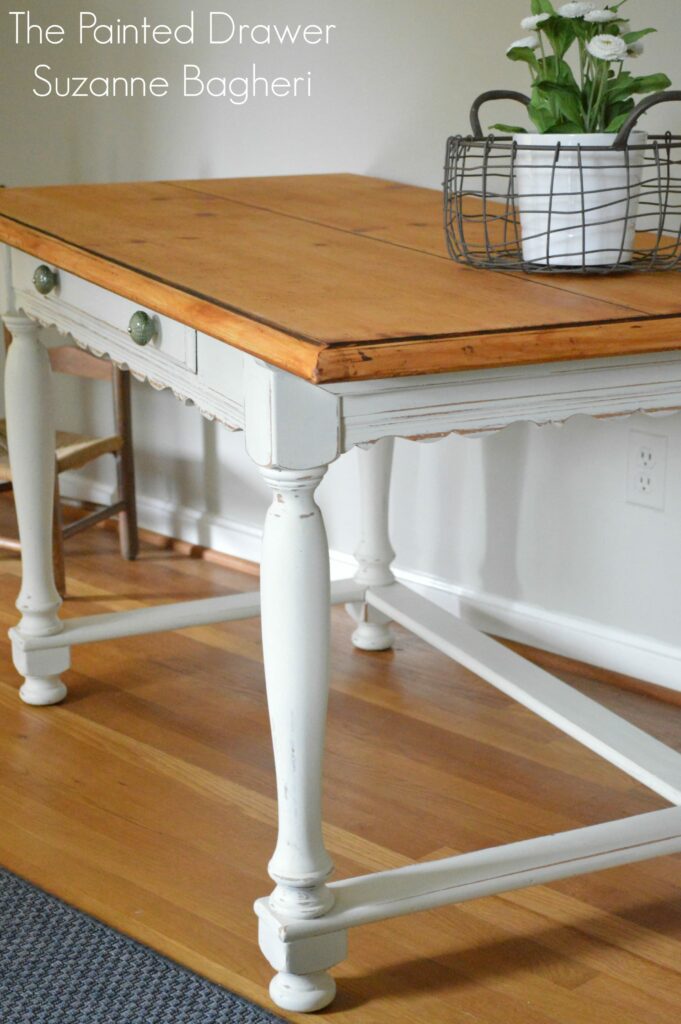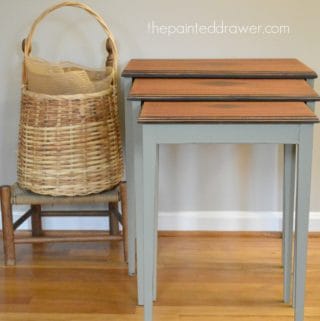3 Tips For Your Next Home Extension Project
Undertaking a home extension project comes with its benefits. For starters, you get the opportunity to maximize more space to suit your needs. This way, you don’t have to move to a new home if you’re not ready to. Likewise, you can create more space to rent out, providing extra income. Moreover, you can modify any part of your room based on your unique tastes. You can also include features that home buyers want, should you decide to sell your property soon. This, in turn, can increase its value significantly. So, are you planning a home extension project soon? Here’s what to do for the best results.
- Get the needed permits
Admittedly, extending your home can be exciting, and you can’t wait to begin the project. However, beginning without the needed permits can be problematic. While it might seem like a tedious legal task, securing these permits can help you avoid issues. For instance, unapproved constructions can set you up for legal actions for unpaid taxes in the future. Moreover, insurance doesn’t cover unapproved home projects, leaving you to cater to expenses arising from fires or other hazards. Also, you may find it challenging to sell your home, as potential buyers would demand the permits for any home addition.
Furthermore, building permits protect your health and safety by ensuring that you’re using the proper materials for your projects. You’d have to consult your local officials to determine if your projects meet the zoning requirement and get the zoning permit. Other documents you require are a plan review and post-construction inspections, so keep this in mind.
- Create a feasible budget
Like building a home, home additions require the services of contractors, subcontractors, architects, interior designers, and other professionals to create additional space. Also, you’ll need to purchase building materials and pay for permits. These cost money, and failing to plan adequately can result in overspending and straining your finances. Creating a budget can help you determine how much you can spend on your project. Your budget must also factor in unexpected costs to ensure that it is realistic.
To get started, determine what type of home addition you wish to undertake, whether it’s a bedroom or sunroom. You can consult your contractors to determine the price of building materials and other items. Experts also advise that you add a contingency fund to cater to unexpected costs, so keep this in mind.
- Invest in building materials
Seeing that your home is a valuable investment, your home addition project should add value to your property. You can do so by investing in high-quality building materials. Not only are they sustainable and durable, but they also require less maintenance. Although these materials may be more costly, you’d save more as you don’t have to replace them regularly. To get started, research various brands to determine the most suitable option. Fortunately, reviews on third-party sites can help you make an informed decision, so keep this in mind. Therefore, you can visit these online platforms for the best wood ceiling panels and other building materials.
Please note that some of the links above and below are affiliate links, and at no additional cost to you. All opinions are my own.








